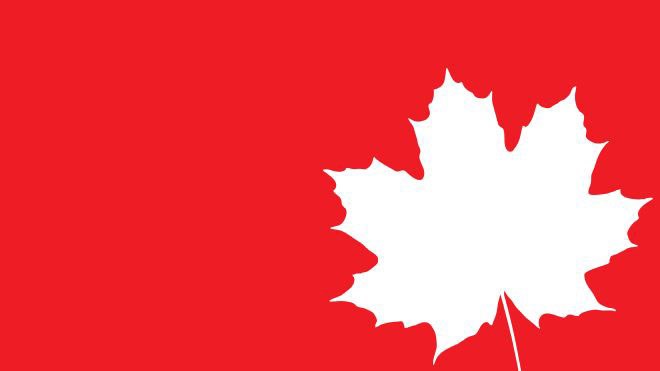It was during the height of the Mike Harris' Conservatives Common Sense Revolution in the 1990s that Ontario rolled out the Public Sector Salary Disclosure Act.
And so, every spring since 1996, voters have been treated to the annual unveiling of workers paid from the public purse whose salaries exceeded $100,000 in the prior year.
The Sunshine List, as it's more commonly known, purports to lift the rock on the public service and shine a light on how much taxpayers are shelling out to maintain the bureaucracy that, in effect, keeps the trains running on time.
Much like the Ontario Ombudsman, the Sunshine List is toothless. But, again much like the Ontario Ombudsman, its power lies not in what it does, but in what it exposes. The list has done nothing to control public sector salaries — as is apparent every spring, the list only grows; it never shrinks.
One of the things it does provide is a yearly snapshot of just how much it costs us to keep the lights burning, the hospitals operating and the bureaucracy rolling.
It's populist, to be sure — the popularity of media coverage of the yearly release is ample proof of that. There's a certain voyeuristic fascination in knowing just how much some of our friends and neighbours are bringing home, but that only accounts for part of the public's interest in the annual disclosure.
One criticism of the list — that it misdirects public anger at the bureaucracy, which carries out government policy, instead of the government, which sets the policy itself — is valid to a point, but also a bit offside, and probably not altogether accurate.
You would be hard-pressed to find a voter who is wholly satisfied with the government of the day. The gauge usually runs between indifference and anger; satisfaction doesn't often factor in.
Through the lens of the Sunshine List, we get a glimpse of the sheer size of Ontario's public sector, which in turns speaks to just how complex our society and our government has become, as well as how many services we've come to expect the government to provide.
Our bureaucracy is massive and the cost to maintain it is equally large. Perhaps, in this way, the Sunshine List forces us to re-examine our priorities.
It can be instructive in another fashion, too. It can shine a light on the sometimes strange obligations to which we find ourselves, as taxpayers, beholden when powerful public servants are put under contract with our money.
The 2014 Sunshine List released in late March, provided three perfect (and by perfect we mean ridiculous) examples of how the public can get the short end of the stick when it comes to employment contracts for certain public sector workers.
As NorthernLife.ca reported, Sylvia Barnard, who was president of Cambrian College until her 2013 retirement, and former Collège Boréal president Denis Hubert-Dutrisac, who retired that same year, made the 2014 list.
Apparently, it's standard practice in post-secondary educations to retain the services of your previous president as a president emeritus. It may be standard practice, but the high salary that accompanies the role (which only becomes a job in the off-chance the person is called upon by the college to perform duties) likely doesn't sit well with the public.
The list also shone a light on former Greater Sudbury Police staff sergeant Donald Treitz, who resigned amidst controversy in 2011 when facing 14 misconduct charges, including corrupt practice and neglect of duty. Under the terms of his contract, Treitz earned about $114,000 in 2014.
These kinds of examples make people angry, especially when they see other public sector workers who actually do their jobs hitting the picket line. Community Care Access Centre nurses, for example, went on strike for higher salaries this past winter after taking a wage freeze during their last collective agreement.
We only know about them thanks to the Sunshine List. Although the disclosure act itself can't do anything to stop it, awareness does have the potential, at least, to affect policy in the future.
However, the arbitrary nature of the disclosure limit is a valid criticism. The $100,000 figure is a nice, round number, but its benchmark as an excessively high salary is being eroded as inflation inevitably drives salaries higher, which in turn means the list gets bigger every year.
The Sunshine List should likely be indexed to inflation to provide a more accurate picture of the cream that rises to the top of the bureaucratic milk barrel.
Populist and voyeuristic as it may be, voters are better off having the information than not. What they do with that information is up to them.
